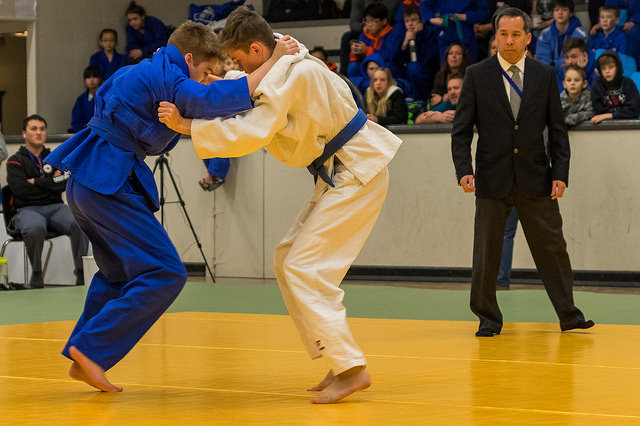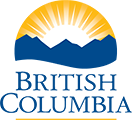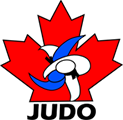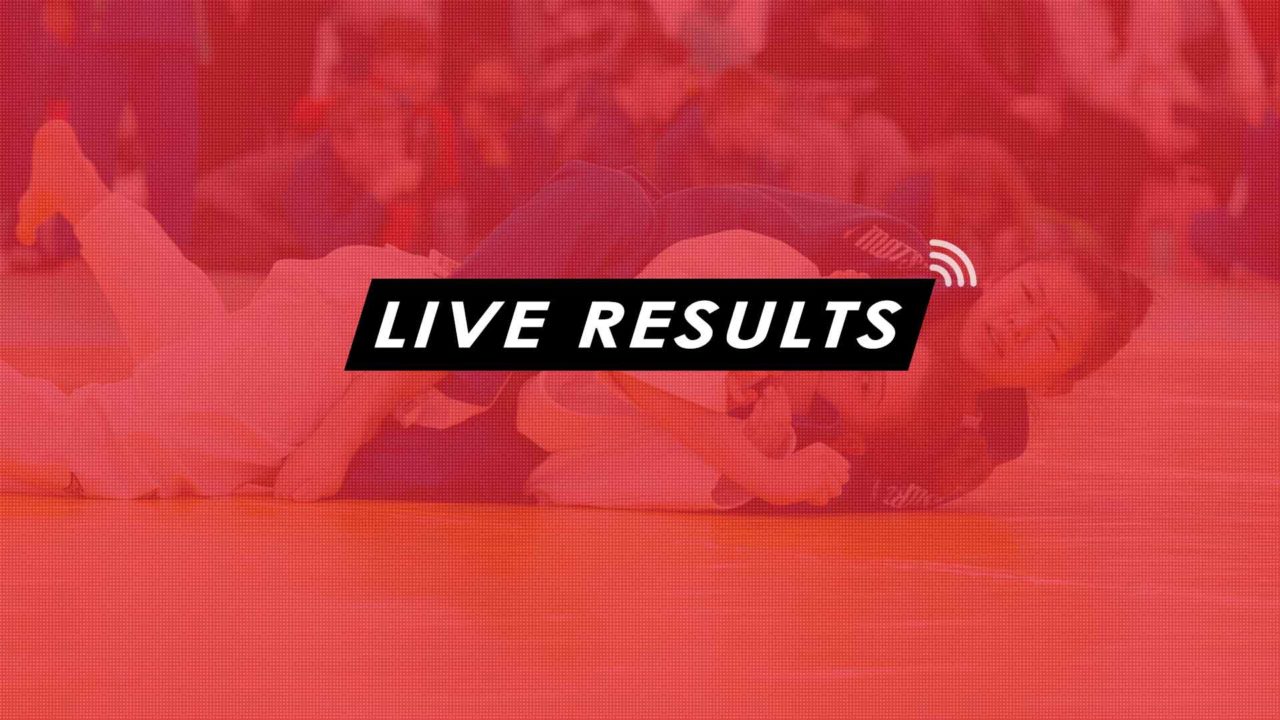By Warren Chow
Similar to most judokas, I started judo when I was quite young, around 10 years old. I was born and raised in Victoria so I attended the Victoria Judo Club headed up by Sensei Inouye and assisted by Bill Kovitz, Mark Grant, Mark Kendell, and others whom you may or may not have heard of. Unfortunately I stopped judo when I went to university and then life took over to the point that I didn’t go back to it for literally decades. That is, until my then 12-year old daughter Christine asked if she could try judo and that inspired me to re-join the community. However, even though I was in my 50s I wanted to do more than just practice, and although I loved the sense of competition I was realistic enough to know that it wouldn’t be a wise choice to get matched up against others who had continued training all those years that I had not, so instead I chose to get involved by becoming a referee. Doing so would allow me two things: One, I would be involved in the competition aspect of judo and two, it could be my avenue for giving back to the sport by contributing my time.

When I checked the Judo BC website for info on how to become a referee, I found some guidance as to the high-level process but many questions remained. However, it became apparent that the first thing I needed to do was to attend a referee seminar. Fortunately there was one scheduled in the following months so I registered for it and spent 2 days one weekend in the Abbotsford Club, along with several other participants. It turned out that most people who attended the clinic didn’t actually want to ref, but they were there as coaches wanting more information on what the refs are taught, and perhaps wanting to take the “secret information” back to their clubs to share with their club’s competitors, or perhaps to give them an edge as to what the refs look for (or don’t). In any case, it was an interesting seminar given that part of the time was spent watching video clips of several high level matches, seeing a technique performed that caused an opponent to falter, and having the video stopped at that point while the instructor asked the class “So what do you think…yuko, wazari, ippon, or no score?”. I managed to get some right and some were quite difficult to tell, so it became apparent to me that experience played a great part in being able to make the right call.
The first time I reffed an actual match was at an Abbotsford Inter-Club Shiai, and it was an “interesting” experience. I had intended to ref but instead found myself conveniently sitting on the sidelines with the rest of the crowd watching the matches. It was like the tournament was on auto-pilot, it was just happening, and I gave myself every excuse in the book not to go up. I finally admitted to myself that the hesitation I was feeling was actual nervousness. Given that I’ve been working in the corporate world for over 30 years, having given numerous presentations to senior management, leading and managing teams, and being closer to the end of my career than the beginning, it was a very strange feeling to find myself in a new, unexplored and therefore intimidating, situation. Who gets stage fright at my age? Christine kept asking me to go up and I would say “In a minute”, or “After the next match.”. I likely would have sat there for the rest of the tournament if Christine didn’t finally say, “If you don’t get out there right now, I’m going to tell Paul (Wishaw) on you!”. That did it, so I got up, caught Paul’s eye, and asked if I could try reffing a match. Fortunately, and I’ll forever be grateful to Paul for this, but he didn’t start laughing and instead said “Sure, by all means!”. I was nervous, yes, and I probably came across as very awkward, but I did it, and I also knew that it would only get easier from there, and hopefully more enjoyable. And all it took was for Christine to threaten to embarrass me.
As predicted, after the first time I reffed it did get easier, and I started reffing at the larger tournaments with the next one being the shiai held in North Vancouver. There were only about 150 participants so it wasn’t overly large and the day didn’t go that long, but it was just the right size for me to get my feet wet again. A Fall Burnaby tournament soon followed, and I was starting to feel more comfortable in the technical aspects of reffing, although I was still nervous before I went out on the mat. When I told Christine, she asked why I would be nervous and I said all the people are watching me. Then, in her usual supportive manner she said “Sorry to disappoint you, but nobody cares about the ref. They’re not looking at you, they’re watching the competitors.” After that blunt feedback my stage fright dropped right down and I’ve been fine to walk on the mat ever since.
As a fairly new ref, I can tell you that it’s an experience that can be both very enjoyable, and very stressful. The calls you make will decide whether or not a competitor moves to the next round, or is perhaps out of the tournament. It is a responsibility that all refs take seriously. I’ve never forgotten the three most important things that a ref needs to know about a match, and that is safety of the competitors, fairness in the match, and the quality (excitement) of the competition. To that degree, the ref looks for things that likely the competitor isn’t even aware of. For example, is the competitor’s hair tied right, or are they wearing any jewelry. It’s also important that the refs work as a team, with one ref on the mat and the other two judges watching from the side, ready to overrule a call if it’s deemed appropriate. I’m aware that even international refs have their initial calls overruled from time to time, and that’s ok. Anything during the match can be corrected, as long as the right competitor wins at the end.
The more I ref, the more I enjoy it, and my refereeing highlight to date was to ref at last February’s BC Winter Games. I had competed myself at the BC Winter Games when I was a teenager so I felt honoured to be given the opportunity to ref at such an important event. Since I’m now comfortable with the basic mechanics of reffing, the feedback that I’m receiving from the higher graded refs has become less general, and more focused on helping me to improve on some specific facets and nuances of refereeing. I’ve found that I have to work more on calling osaekomi, especially in the female matches. Some girls are so flexible that their lower bodies can be twisted 180’ and be propped up on their knees, and yet still be in osaekomi. I continue to be amazed at that when I can barely reach down to touch my toes. My goal is to be a good, strong ref, and to try to be the best ref that I am capable of being. As long as the parents and competitors don’t groan whenever I step onto the mat, then I know I’m still heading in the right direction.
If you’ve ever thought to try reffing, I encourage you to sign up for the next referee seminar and start learning the basics. Start reffing at your own club and then at Interclub shiais, as these would be venues that give you the opportunity to try out reffing in a less formal environment. It gives you a different perspective to a competition and also gives you a better appreciation for what the officials contribute to a tournament. When you’re out there making the calls and the crowd is cheering for one competitor or the other, you can feel the energy and it’s great to know that as a ref, you are helping to make it happen. And, as I read in another reffing article and to which I totally agree, you get the best seat in the house.

 SHOP
SHOP












